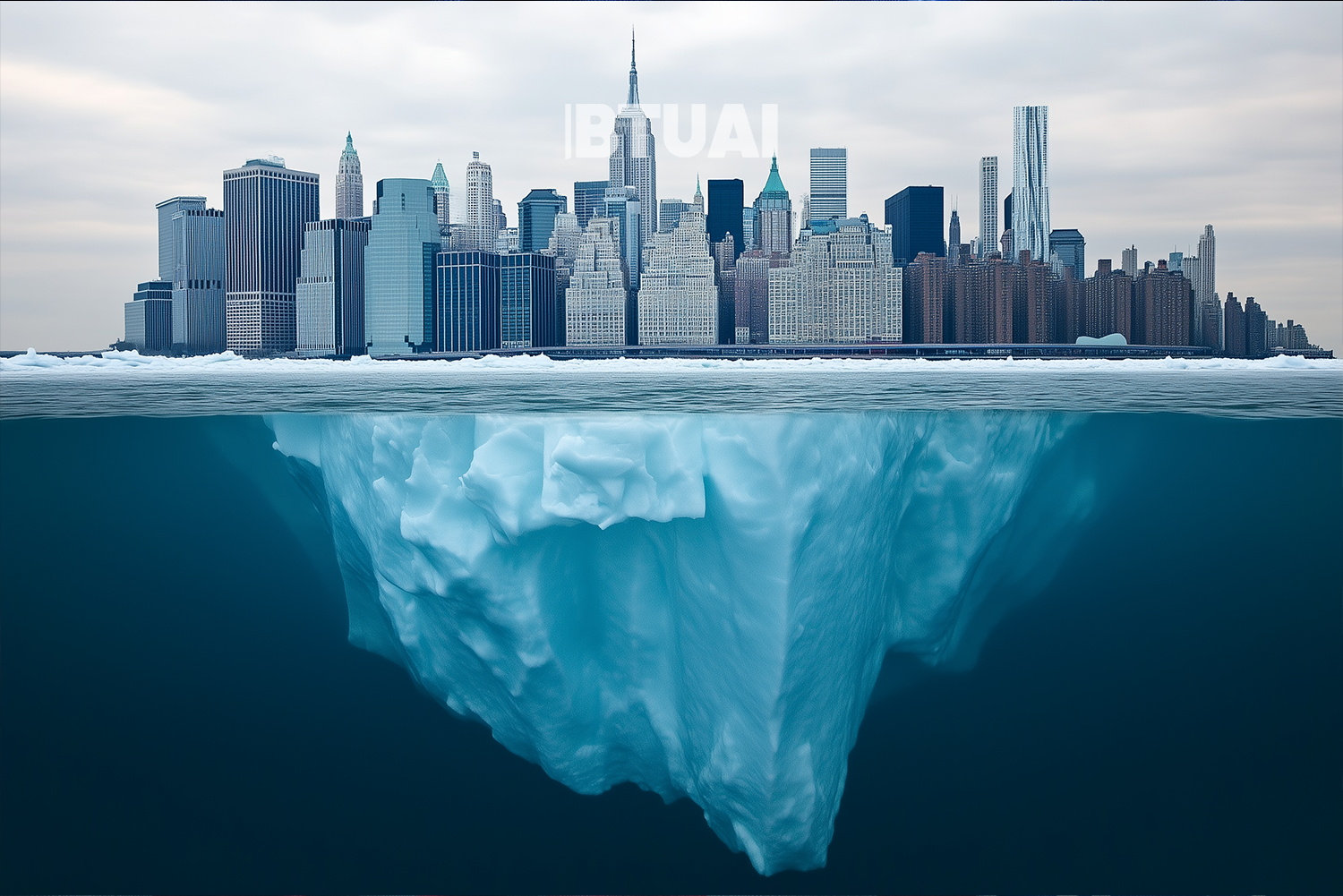Greenland and the Superpower Rivalry: The Geopolitical Significance of the Frozen Continent
For years, Greenland was considered a symbol of Arctic geographical tranquility. However, today it has become the focus of

For years, Greenland was considered a symbol of Arctic geographical tranquility. However, today it has become the focus of global superpowers, thanks to its strategic location, natural resources, and geopolitical potential. With rising interest in Greenland, the battle between the United States, Russia, and China for control over the Arctic is intensifying, turning the frozen continent into a new frontier in global politics.
In 2019, then U.S. President Donald Trump made headlines when he proposed purchasing Greenland, a move that was initially dismissed as unrealistic. However, in reality, Trump’s idea reflected the long-term strategic importance of the region. The U.S. has maintained a military base in Greenland for decades, serving as a key center for military and intelligence operations in the Arctic. Retaining control over this region remains a crucial part of America’s national security strategy.
Beyond military significance, Greenland is rich in natural resources, including oil, gas, and rare minerals. As Arctic ice continues to melt, new economic opportunities are emerging, making the region a strategic priority for global powers.
Russia’s Arctic Strategy
Russia is the dominant player in the Arctic, and its interests in Greenland are evident. Moscow has been expanding its military infrastructure and investing heavily in Arctic oil and gas exploration. For decades, Russia has considered the Arctic as an extension of its territory, striving for dominance in the region. This further elevates Greenland’s importance in regional geopolitics.
China’s Economic Influence
Unlike Russia, China does not exert direct military influence in Greenland. However, its economic power in the region is growing rapidly. Beijing is investing in Greenland’s natural resources and aims to gain control over Northern shipping routes, which would strengthen its position in global trade.
The Geopolitical Future of Greenland
Greenland has become a critical battleground for global geopolitics. Its geographical location, connecting Europe, North America, and the Arctic, makes it strategically invaluable. At the same time, Greenland’s population and its autonomous government are striving to preserve their identity and sovereignty, resisting being dragged into global power struggles.
Today, the Arctic is no longer just a land of ice and peace. It has transformed into a strategically significant global center, where natural resources, military balance, and climate change intersect. Greenland, at the heart of this transformation, could become a symbol of not only political, but also ecological and economic change.
The superpower rivalry in the Arctic signals that the future of global politics may also be determined by the frozen continent. It is crucial that this competition remains diplomatic rather than escalating into conflict, as Arctic stability is vital for both regional and global security.




